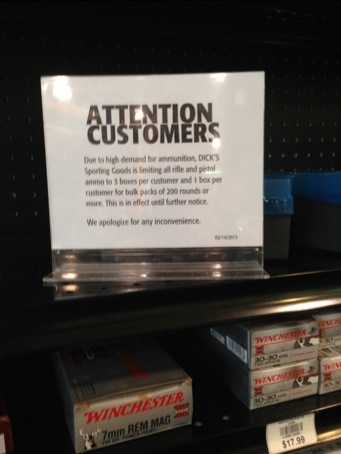In Sunday’s Sun: in politics, timing is everything
In politics, as in comedy, timing is everything.
On Wednesday morning, Liberal MP Marc Garneau announced he was withdrawing from his party’s leadership race and offering his support to Justin Trudeau. Given that the former astronaut was considered Trudeau’s main opponent — and given how relentlessly critical he’d been of Trudeau — Garneau’s move should have been big news.
It wasn’t. A few short hours later, a bit of white smoke heralded a new pope, and Francis stepped out before the crowds in St. Peter’s Square at the Vatican. And that was that for Garneau, and the attendant Garneau headlines.
In politics, timing is everything.
Had they come along sooner than they did, Kim Campbell and John Turner might have benefited from a different result. But when your party has been in power for around a decade — and Christy Clark and Kathleen Wynne know this too well — the timing is all wrong. The timing is against you.
The timing was against Garneau in every conceivable way, too. It was almost cosmically ordained against him.
At a time when the Liberal party had determined it needed “generational change,” Garneau was older and Trudeau was younger. At a time when Grits wanted excitement and passion, Garneau arguably had little — and Trudeau inarguably had both in abundance. At a time when Liberals felt they needed a sharp contrast to Stephen Harper and Thomas Mulcair — both older, grumpy-looking men — Trudeau fit the bill. Garneau, meanwhile, did not appear all that dissimilar from those he pledged to defeat.
Like we say, timing. Trudeau had it, Garneau didn’t.
The papal news notwithstanding, some pundits tried to be upset about Garneau’s departure, ill-timed or not. To them, it exposed the Liberal race as a farce. It was indisputably a coronation, now. It was bad for the Liberal party. It was bad for Trudeau. It was bad, bad, bad.
Well, no, actually. The Liberal leadership race has had as many as eight contestants opposing Trudeau. Few of them have hesitated to take nasty swipes at the front-runner, denigrating everything from his experience to his upbringing.
The race has been many things, but a coronation is not one of them.
Some columnists suggested Trudeau will emerge from the months-long contest untested by adversity. Again, no.
In mid-December, to cite one unforgettable example, a Sun News Network reporter chased Trudeau from an event outside Toronto, repeatedly questioning him about his appearance at an Islamic conference. From the door of the venue to the door of his ride, Trudeau was unflappable, and treated the reporter as if she literally did not exist. (Even Sun News later joked that the reporter had been rendered “invisible.”)
Trudeau’s organizers were upset about the encounter, but they shouldn’t have been. They should have instead made copies of the two-minute video and sent them to every card-carrying Liberal.
It showed Trudeau as all the best leaders usually are — calm, cool and completely contemptuous of the news media.
All of the other criticisms of the Liberal leadership contest are also irrelevant.
Some of those who signed up won’t vote?
The debates haven’t been edifying? The party has been disorganized?
Every party’s leadership race, since the dawn of time, has been similarly criticized. Not one of those complaints is new or noteworthy.
Trudeau will win the Liberal leadership — and the keys to Stornoway after that, and the keys to 24 Sussex after that — because his timing is right. Garneau understood that, and Harper and Mulcair will eventually, too.
And, when your political timing is right, not even a papal intervention can stop you.
That may not be fair, that may not be right, but that’s the way it is.


